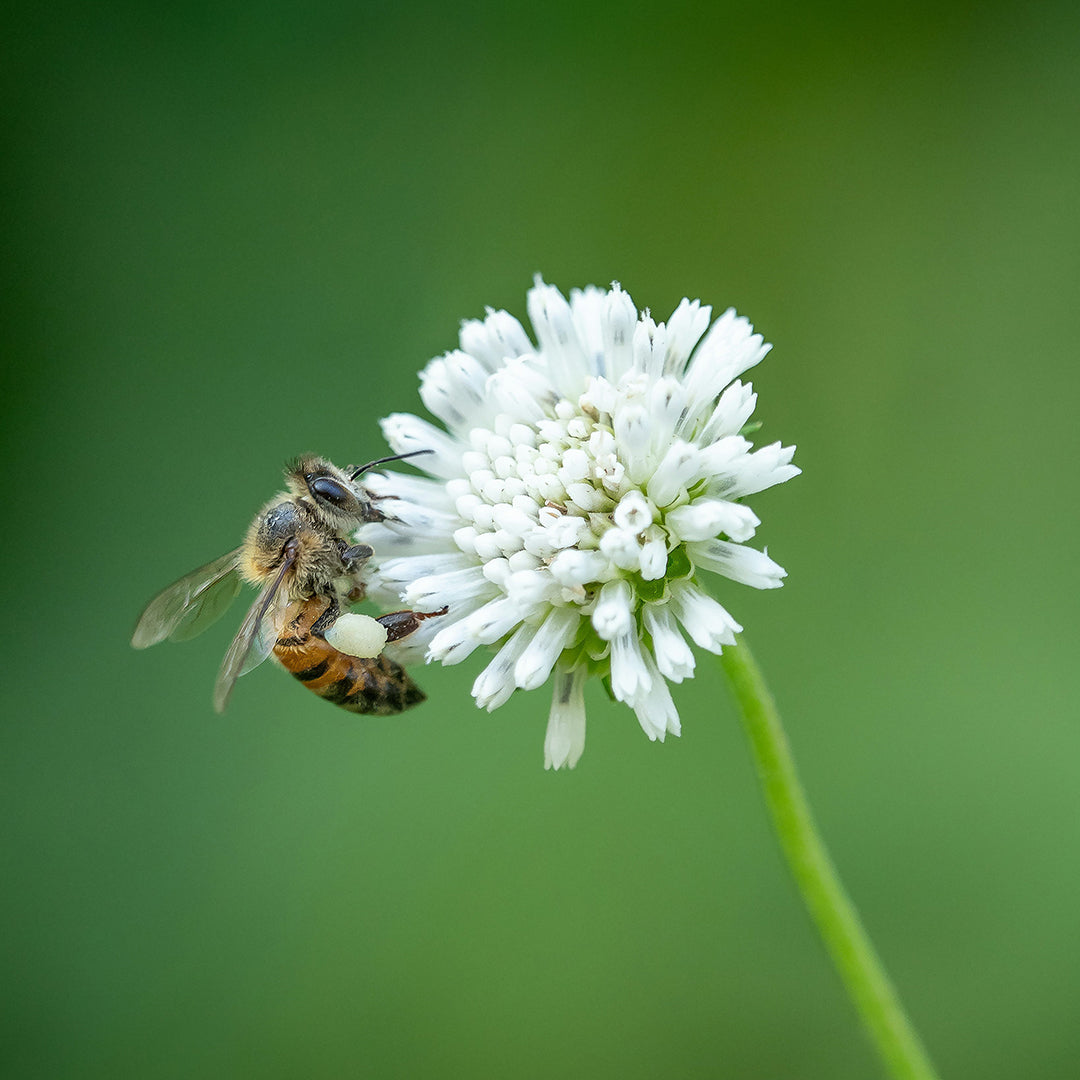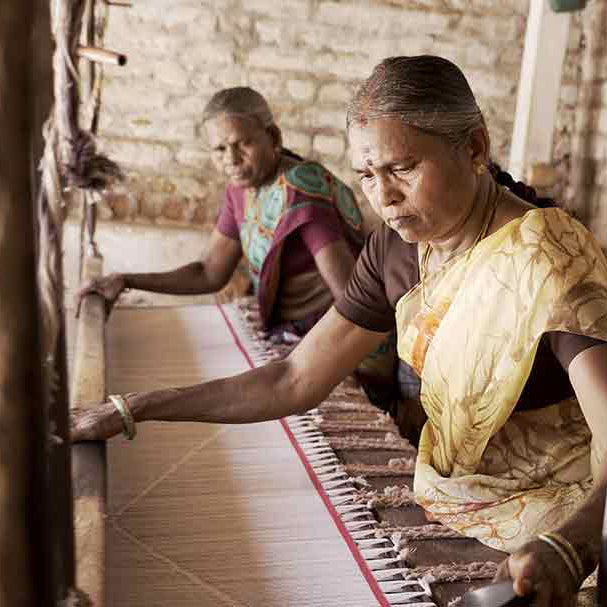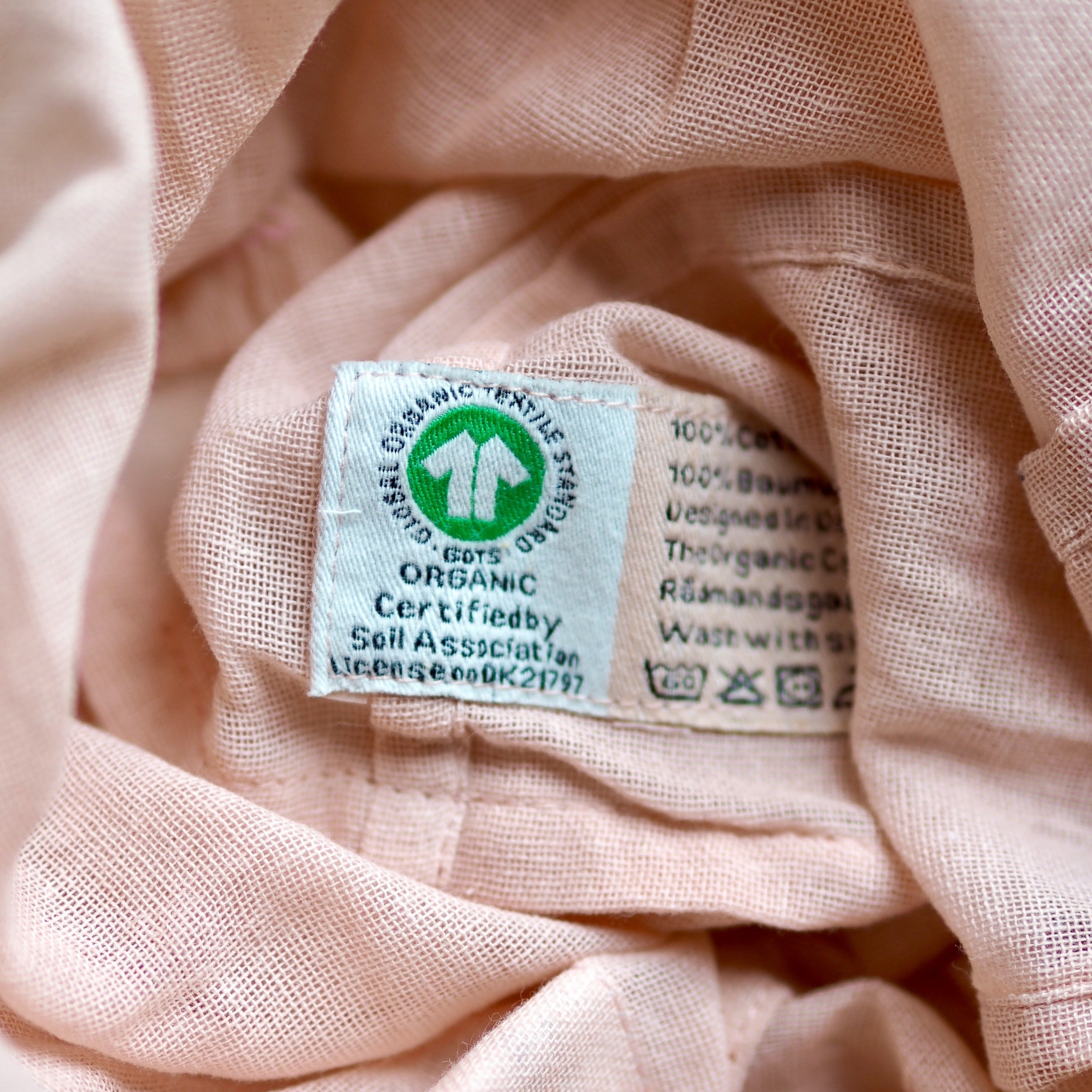How to Support Bees and Pollinators in Your Garden: 5 Sustainable Tips for World Bee Day

To raise awareness of the importance of pollinators, the United Nations designated May 20th as World Bee Day. Established in 2017, World Bee Day commemorates the birthday of Anton Janša, a pioneer of modern beekeeping, and raises awareness about the essential role bees and other pollinators play in sustaining ecosystems and food security. This year’s theme, ‘Bee Inspired To Nourish Us All’, highlights the importance of this.

World Bee Day 2025: 5 Easy Ways to Attract Pollinators and Help Save the Bees
Let’s explore why bees matter, what this year’s focus is all about, and how you can turn your garden or outdoor space into a buzzing sanctuary.
Bee Inspired To Nourish Us All
Bees are essential pollinators—alongside butterflies, beetles, birds, and even bats. They help fertilise plants by transferring pollen between flowers, allowing them to grow fruits, vegetables, seeds, and nuts.
This year’s World Bee Day theme, “Bee Inspired To Nourish Us All,” emphasizes the vital role bees and other pollinators play in supporting agrifood systems and maintaining healthy ecosystems. However, pollinators face growing threats from habitat destruction, harmful farming practices, climate change, and pollution. Their decline poses serious risks to food production, raises costs, and deepens food insecurity—especially in rural areas.
According to the Food and Agriculture Organization (FAO), 75% of global food crops rely, at least in part, on pollination. That means one in every three bites of food you eat is thanks to a pollinator.
You can read more about this year’s theme on the UN World Bee Day site.

How You Can Support Bees in Your Garden
Any outdoor space can become a pollinator haven with a few thoughtful changes. The size of the space doesn’t matter, so whether you have a sprawling lawn, small balcony, courtyard garden, or even just a window box, here are some easy and practical ways to encourage bees and other pollinators into your garden:
1. Plant Bee-Friendly Flowers
Choose plants that produce plenty of nectar and pollen. Bees love a mix of native wildflowers, herbs, and perennials. Great options include:
· Lavender
· Borage
· Thyme
· Echinacea
· Marigolds
· Sunflowers
· Foxglove
Aim for variety so that something is always in bloom throughout the seasons.
2. Avoid Harmful Pesticides
Many pesticides and herbicides are toxic to bees. If possible, choose organic or natural gardening methods. If you do need to use a treatment, apply it in the evening when pollinators are less active, and avoid spraying flowers. You can support organic farmers and supply chains too by choosing to buy organic food where possible.
3. Make a Bee Hotel
Not all bees live in hives! Solitary bees, like mason bees and leafcutter bees, need holes and crevices to nest. You can buy or make a simple bee hotel using bamboo canes or drilled wooden blocks. If you have children, this is a great activity to keep them busy too!
4. Provide a Water Source
Bees need fresh water, especially in warm weather. A shallow dish with pebbles or marbles gives them a safe place to land and drink. Refill it regularly to keep it clean and fresh.
5. Let Nature Take Its Course
A perfectly manicured lawn may be neat, but it's not very welcoming to wildlife. Let a patch of your garden go wild or leave dandelions, clover, and nettles to grow. These so-called “weeds” are actually vital food sources for bees, especially in early spring.

What To Do If You Find A Sick Bee
If you find a sick or tired bee, you can help it by gently placing it on a flower or in a safe, shady spot away from foot traffic and predators. If the bee appears sluggish, you can offer it a small amount of sugar water—mix two parts sugar with one part water and place a few drops on a spoon or a bottle cap near the bee (never pour it directly on the bee). Avoid using honey, as it can carry diseases harmful to bees. After resting and re-energizing, the bee may recover and fly off on its own.
Small Changes, Big Impact
World Bee Day is a great reminder that even small actions can make a big difference. Whether you’re planting wildflowers, setting up a bee bath, or just choosing to avoid chemicals, your efforts help protect pollinators—and, by extension, the entire food web.
Do you have a bee friendly garden? What are your best tips for attracting pollinators? We’d love to know your thoughts, so please do get in touch with us anytime on social media or by email.
Follow us on Facebook and Instagram to stay up to date with the latest in eco-friendly, organic and ethical fashion from Vino Supraja.



